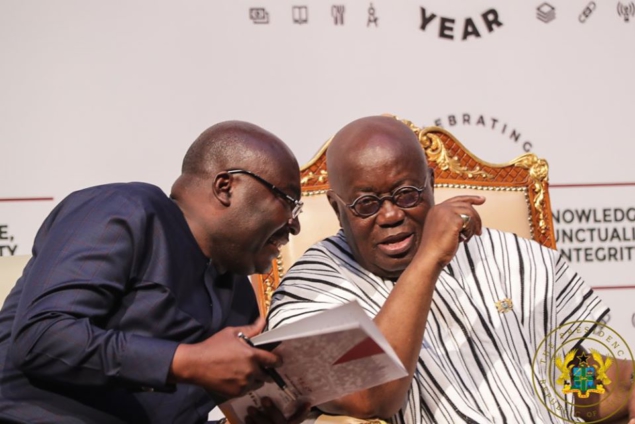The CEO of the Private Enterprise Federation has revealed that the private sector’s willingness to speak truth to power has come at a cost, resulting in a breakdown of engagement with government.
Nana Osei Bonsu in an interview on Joy News’ PM Express Business Edition, explained how the private sector’s assertiveness in addressing critical economic issues led to the cancellation of regular meetings with government officials.
“They didn’t like the music we were playing,” Bonsu stated, referring to government’s reaction to the private sector’s forthrightness.
He explained that during the meetings, the private sector consistently raised concerns about the high costs of doing business and Ghana’s poor ranking on the Corruption Perception Index.
Read also: Businesses still reeling from DDEP, not yet turned the corner – Nana Osei Bonsu
These critiques, though necessary, were not well-received by the authorities, he said.
“We spoke the truth, and they didn’t like it,” Bonsu said.
The fallout from this outspokenness was significant.

Government stopped engaging with the private sector, and the quarterly meetings that had been a platform for collaborative discussions were abruptly halted.
“We haven’t had any meeting for the past year,” Nana Bonsu noted, adding that government effectively dismissed the private sector’s input.
“It was like they said, ‘Thank you, but we don’t need you anymore.’”
Bonsu expressed deep regret over the lost opportunity to influence government policy and help shape the economy.
Read also: Private sector’s high hopes shattered by NPP administration’s failure to deliver – Nana Osei Bonsu
“I regret it very, very much,” he confessed.
“When we don’t talk, you don’t know what I’m thinking, and I don’t know what you’re thinking. But it affects our pocketbooks and livelihoods, and that is where it hurts the most.”
Looking ahead, Bonsu believes the way forward is for the government to embrace the private sector as a key partner in economic recovery.
“Whoever comes tomorrow, we will welcome them with open arms. But we need them to hang their coat on the domestic private sector,” he advised.
Latest Stories
-
Asutifi North fire officer urges strict compliance with traffic rules to save lives
20 seconds -
Telecel Ghana celebrates sportsmanship and Heritage at 68th Asantehene Golf Open
9 minutes -
U.S. and Israeli Strikes on Iran: A racist, colonialist assault on sovereignty
10 minutes -
Scientists make case for intercropping amidst climate change impacts
11 minutes -
Government urged to boost TVET to reduce unemployment
15 minutes -
Leading NPP member proposes revision of requirements for higher party roles
20 minutes -
Embedding Ethical AI in Public Procurement: Ghana’s path to trustworthy automation in E-governance
23 minutes -
Seth Terkper to launch book on Ghana’s VAT journey and lessons for Africa
26 minutes -
The silence around Nana Pooley’s case: When justice sleeps, society suffers
26 minutes -
UTAG president challenges Chinese Ambassador over galamsey remarks
27 minutes -
The Escalating Israel-Iran War: A new threat to global trade
36 minutes -
Seven killed in Kyiv in new Russian aerial attack
40 minutes -
Hearts’ $70,000 transfer saga with New Edubiase is being resolved – Opare Addo
51 minutes -
Former Deputy Foreign Affairs Minister questions Mahama’s recall of 3 career diplomats
52 minutes -
Senior NPP figure in Ashanti region advocates grassroots experience as prerequisite for top party roles
1 hour

